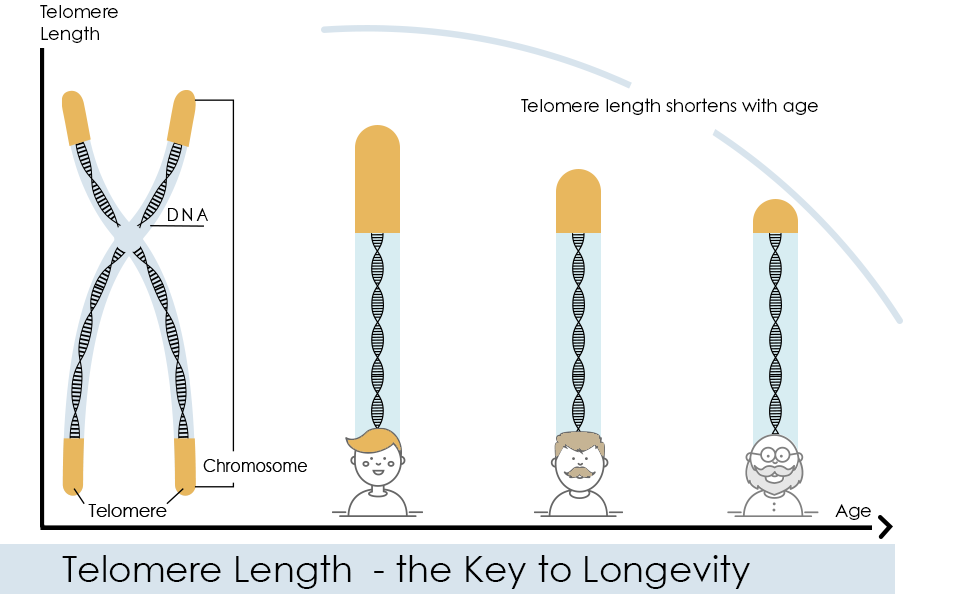Edicts of a Forgetful Master
- evolveremh
- Sep 22, 2021
- 3 min read

Science has, at its root a curiosity to know and to predict. To hope for and create a somewhat deterministic system. What else might be expected of this tiny planet that rebels with its decreasing entropy in this infinite universe of ever-increasing entropy. However, with the advent of chaos theory in mathematics and quantum physics, uncertainty and probabilities have become close acolytes to almost all fields of modern study. The human brain might be, albeit arguably, one of the most chaotic systems we have.
Within this wrinkly convoluted organ lies a region of much renown, the hippocampus. With appearances in many highly acclaimed studies, taking either the center stage or honorable mentions, the hippocampus is involved in memory formation, learning as well as foresight and prediction of future possibilities and events. With this much on its plate, it is inevitable that sometimes compromises are made, and our primal urge for order and patterns wins over.
When presented with information that is or appears to be falling into a pattern, be it the bus route you take, the daily filing of accounts or the checking of answer sheets, the hippocampus must make a decision – whether to prioritize remembering the details and creation of long-term episodic memories or the creation of patterns that allow prediction of future information that falls into this category. When you create patterns, uniqueness is sacrificed. A familiar situation would be you regularly reading your course book and while giving a test remembering the page layout and location where the answer is but not the exact content. This is your hippocampus deciding that answers are often found in this “region” of the textbook and correspondingly engraining the overall layout of that “region” rather than the actual answer in your weary neurons. While these are subconscious decisions that may occur, a conscious active effort may very well aid the hippocampus in switching gears.
When presented with information that is or appears to be falling into a pattern, be it the bus route you take, the daily filing of accounts or the checking of answer sheets, the hippocampus must make a decision – whether to prioritize remembering the details or forming patterns.
An interesting study regarding this had human participants view a series of non-iterative images in regular patterns - beaches followed by mountains; bridges followed by forests etc. without being explicitly told so and thus allowing the brain to come up and figure out the patterns on its own. Once the patterns were established, new unrelated images were inserted into the mix, and then the participants were asked to recall and confirm which images they had seen before. For a significant portion, the better they were at recalling the image patterns, worse was their ability to pinpoint the exact pictures that they had seen or not seen. That is, as the brain focused more on patterns of beaches and mountains, the tendency to remember which mountains and beaches it had seen decreased. The brain made a judgement that it was more advantageous to be able to predict which image would show up next rather than remember the intricacies of the older ones.
Foresight guided by hindsight. In a primeval setting, this would be a pretty logical decision – imagine a group of hunter gatherers, moving from region to region in search of shelter and sustenance, they notice a recurring fauna pattern that they often find near springs and lakes or regions with abundant prey. For them, remembering the each and every detail of the regions may not be as beneficial as analyzing the spatial and cues associated with abundance. Predicting which paths and regions are associated with such cues could very well signify the difference between life and death.
In modern contexts, with such an influx of information and thousand of possibilities that surround us, it is somewhat understandable why memory fails us often. Remembering the path but not the strangers, remembering the songs but not the words, remembering the emotions but not the person. But as science and history have taught us, nothing is absolute, what we know today, we may deny tomorrow. For us beings, order is a distant muse and we are merely rebellious children of chaos.
REFERENCES:
Sherman, B. E., & Turk-Browne, N. B. (2020). Statistical prediction of the future impairs episodic encoding of the present. Proceedings of the National Academy of Sciences of the United States of America, 117(37), 22760–22770. https://doi.org/10.1073/PNAS.2013291117
Hunt, L. T., Daw, N. D., Kaanders, P., MacIver, M. A., Mugan, U., Procyk, E., Redish, A. D., Russo, E., Scholl, J., Stachenfeld, K., Wilson, C. R. E., & Kolling, N. (2021). Formalizing planning and information search in naturalistic decision-making. Nature Neuroscience 2021 24:8, 24(8), 1051–1064. https://doi.org/10.1038/s41593-021-00866-w
Long, N. M., & Kuhl, B. A. (2020). When the Memory System Gets Ahead of Itself. Trends in Cognitive Sciences, 24(12), 961–962. https://doi.org/10.1016/J.TICS.2020.09.010





Comments